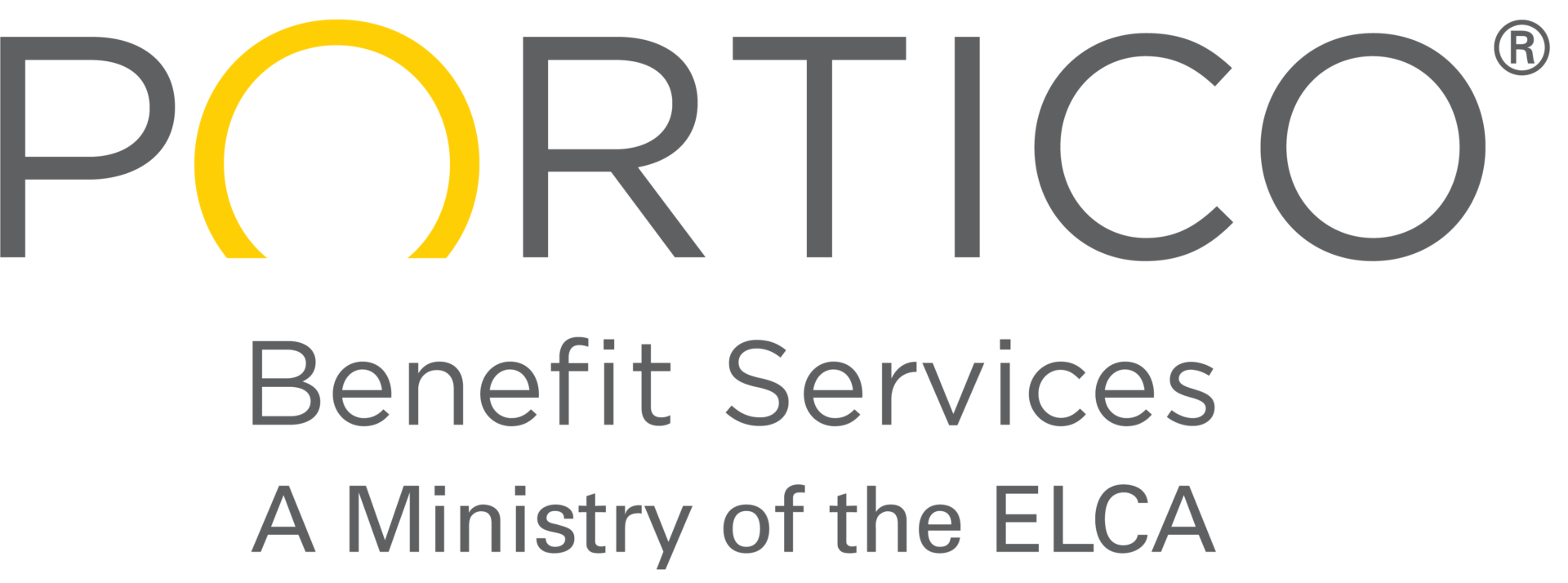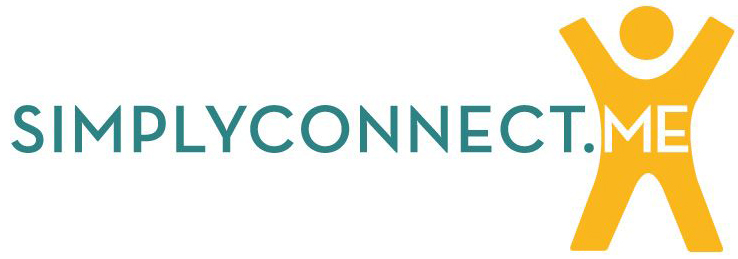June 9 Senate Finance Committee hearing titled “Unemployment Insurance During COVID-19: The CARES Act and the Role of Unemployment Insurance During the Pandemic”
From Charlotte Haberaecker, President and CEO of Lutheran Services in America
On behalf of the one in 50 Americans who rely on the 300 Lutheran health and human services providers throughout the United States that comprise Lutheran Services in America, thank you for considering our statement at this important time. With our active presence in over 1,400 communities in 45 states as seen on this map, our work is critically important in improving the lives of America’s most vulnerable people, ranging from seniors, veterans, and people with disabilities to children, youth and families, and the homeless.
The COVID-19 pandemic dramatically affects all of the people we serve and services we provide. Our 300 health and human service organizations are on the front lines caring for people while taking extraordinary steps to protect their staff and people served. Yet they increasingly struggle with equipment shortages, especially personal protective equipment; severe workforce shortages necessitating hazard pay; declining revenue; and the need to reduce or eliminate needed services. These severe challenges are occurring while our organizations simultaneously face limited cash reserves, decreasing revenue and already-tight margins.
Our work is deeply embedded in communities across the country where we have provided services for over 150 years. Yet our work—which comprises a significant part of the health and human services delivery system—cannot continue without specific measures taken soon to support nonprofit health and human service organizations. Without needed resources to support our work during this time of crisis, we will be unable to meet the increasing needs of individuals and communities at their most vulnerable time. One specific resource that is direly needed is an increase in the federal unemployment insurance reimbursement for self-funded nonprofits (also known as “reimbursing employers”) to 100% of costs.
Since 1972 when nonprofit organizations were required to provide unemployment benefits to their employees for the first time, 501c3 charitable nonprofits were given the option to opt out of the State Unemployment Tax system and have been permitted by Congress to self-insure claims for unemployment benefits by paying back the state unemployment trust fund for benefits paid to their former employees. These “reimbursing employers” include nonprofits, state and local governments, and federally recognized Indian Tribes that follow the law by electing to make payments in lieu of contributions to state unemployment trust funds.
As currently enacted into law, Section 2103 of the CARES Act provides that the federal government will cover 50 percent of the cost of claims charged to these reimbursing employers. This will subject self-funded nonprofits throughout the country to crippling payments to their state unemployment systems later this year, while other employers will likely experience little or no additional costs resulting from mass COVID-19-related layoffs. The impacts will be real. Many nonprofits will be hit with a bill for reimbursement to states at a time when the demand for services is highest.
Seventy-five percent of payroll costs in the nonprofit sector are paid out by “reimbursing employers.” Together, these organizations provide much of the infrastructure that we rely on to serve people in all our communities. Addressing this issue by providing 100% reimbursement for these nonprofits will help ensure that they will be able to better direct their limited resources to serving vulnerable people through the care and services they provide every day.













